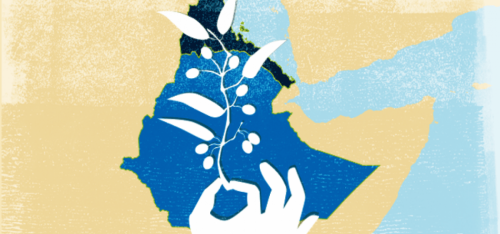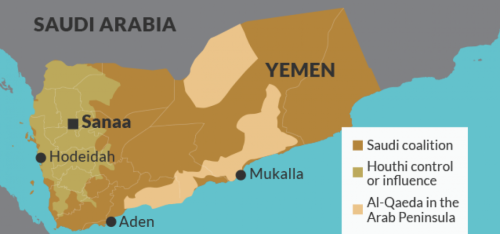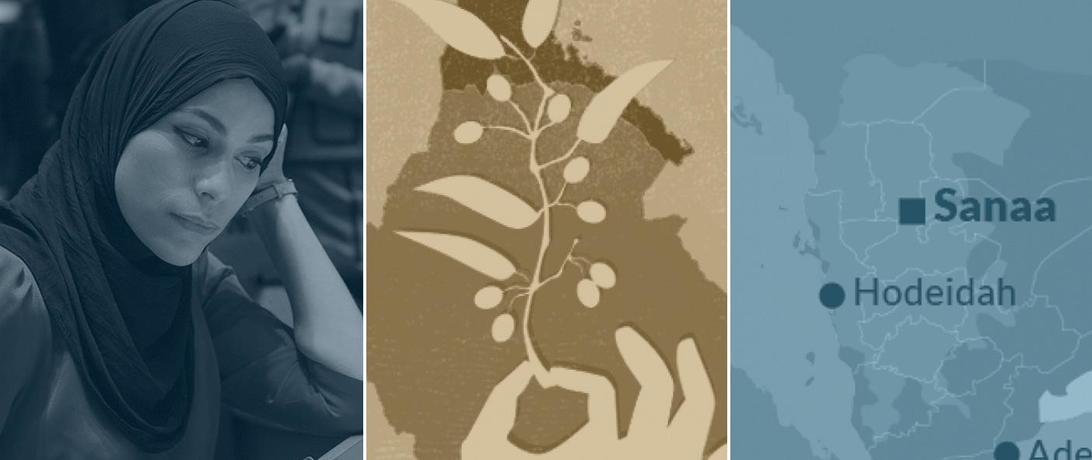
by Catie Fowler and Kelsey Coolidge.
The Women, Peace and Security agenda is often discussed as a top-down process—focusing on the actions of international and national bodies. However, the first of a new blog series by OEF program Our Secure Future, looks beyond the United Nations Resolutions and National Action Plans, and to the role of grassroots activists and civil society organizations (CSOs) working on the ground.
CSOs “have pushed for women’s inclusion….they have held their governments accountable for adherence to human rights law and the implementation of UNSCR 1325, been critical to successful peace processes, and advocated for more inclusive political representation.”
Read the full blog here to learn more about CSOs and activists role in WPS efforts in Jordan and Nigeria.

by OEF Research Associate Eric Keels.
OEF resources such as REIGN Dataset, CoupCast and the monthly International Elections and Leaders updates focus on changes in leadership. But what happens once new leaders take control? Especially in fragile environments, such as the Horn of Africa? How do leadership changes affect domestic—and international—relationships? Insurgencies? Economic and political reform?
This series explores the evolving political context on the Horn of Africa, starting with Ethiopia, where a new prime minister, Abiy Ahmed, has enacted numerous reforms since taking power, but not without opposition. Read the first blog post here.

In the war in Yemen, the conflict around Hodeidah, a port city on the Red Sea, has refocused attention on the role of the maritime domain in war. But, this is nothing new: “Rather, poor maritime security is one of the underlying causes of this war. Revisiting the maritime origins of the war can help us understand how the fight over maritime space will affect the next phase of the war for the Yemeni government, the Houthi rebels, and the millions of civilians caught in the crossfire.”
Read more in the first in a series discussing governance and security threats in the maritime realm from the Stable Seas project.
Follow along all of these series and blogs at:



